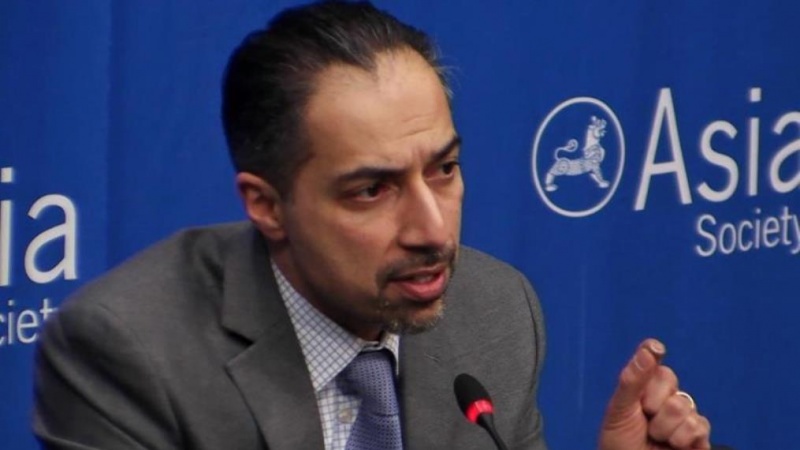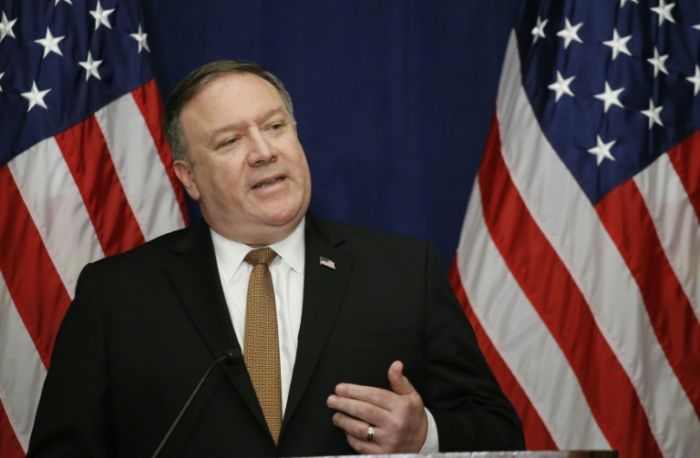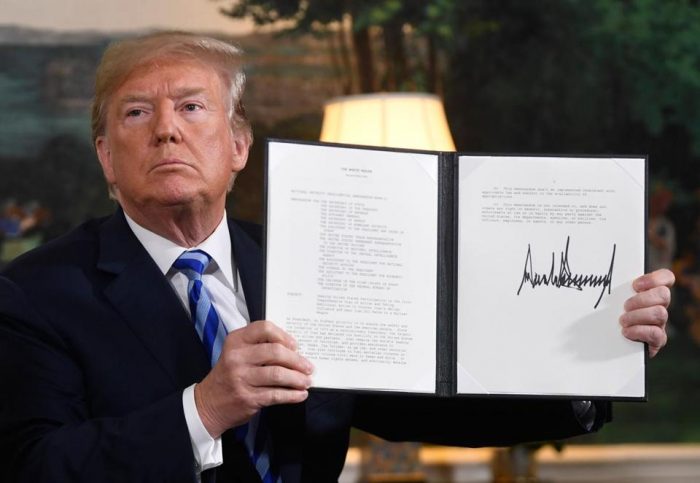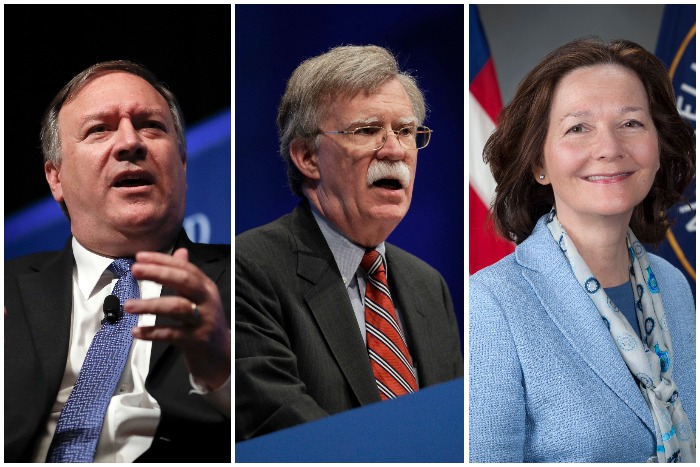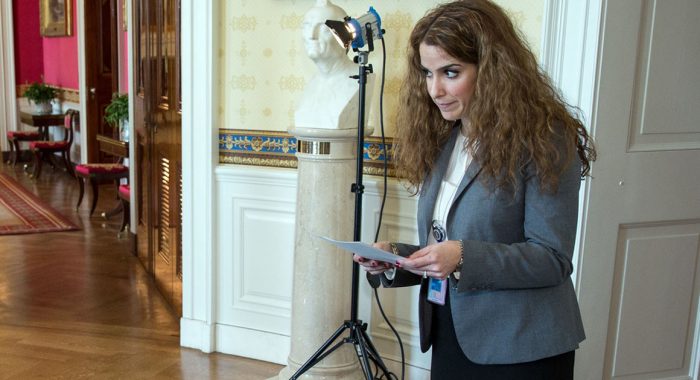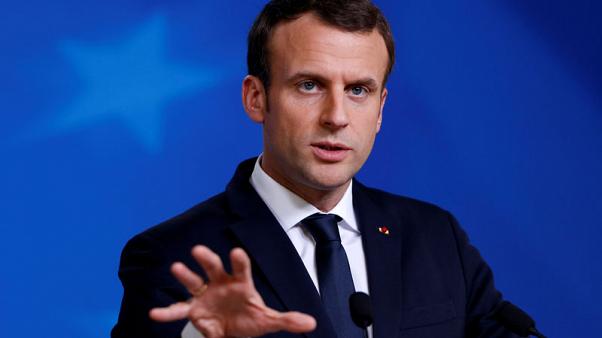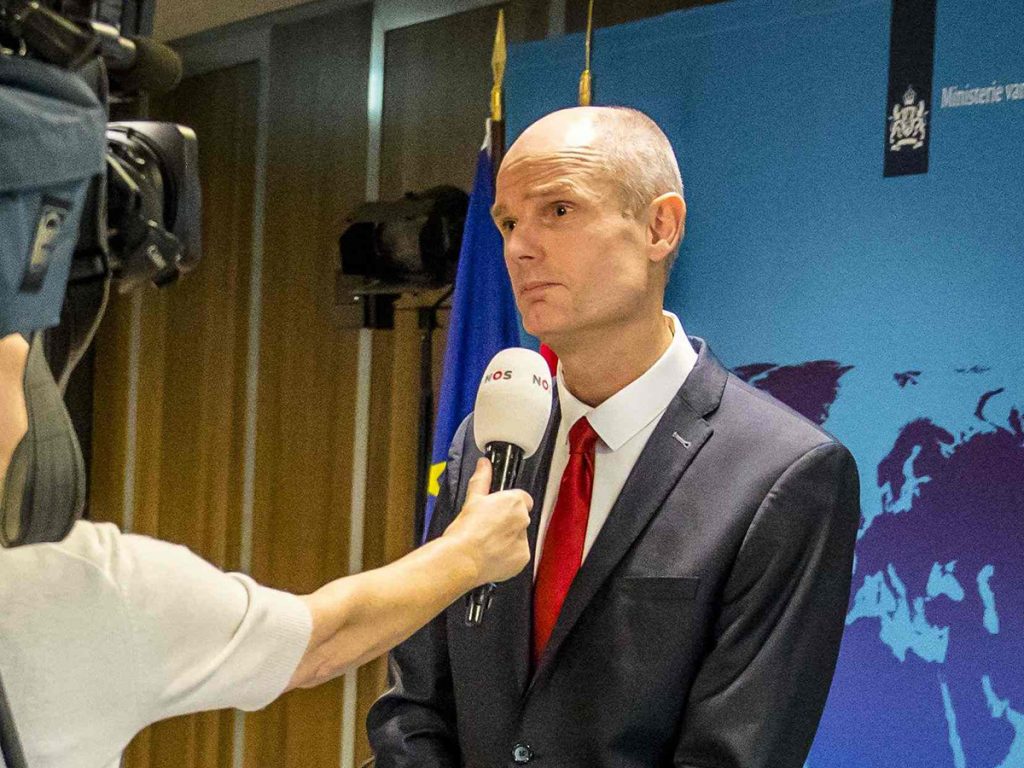
While 2019 may be a fresh start for most people, the new year brings more of the same from the Iranian regime as the European Union announced it was imposing new sanctions on Iran’s intelligence ministry and two Iranian nationals for their likely involvement in two assassination plots in the Netherlands.
The charges were laid out in a letter from the Dutch government to parliament indicating the regime was suspected in at least four assassination and bomb lots throughout Europe over the past three years.
The Dutch indicated that investigations of two murders led to the expulsion of two Iranian diplomats from the Netherlands last June as disclosed in the letter signed by Foreign Minister Stef Blok and Interior Minister Kajsa Ollongren.
The Dutch Foreign Ministry cited “strong indications that Iran was involved in the assassinations of two Dutch nationals of Iranian origin,” one in 2015 in the city of Almere and another in 2017 in The Hague.
European intelligence officials have also linked the Iranian government to unsuccessful plots in Denmark and France.
“In the Dutch government’s opinion, hostile acts of this kind flagrantly violate the sovereignty of the Netherlands and are unacceptable,” the letter said.
The sanctions involve freezing assets connected to Iran’s Ministry of Intelligence and Security and two Iranian officials: Saeid Hashemi Moghadam, a senior Iranian intelligence official, and Assadollah Asadi, an Iranian diplomat arrested in connection with a plot to bomb a rally of an Iranian opposition group in Paris last year, according to the New York Times.
The unified front by the 28-member European Union was surprising given the vocal cheerleading the Iran lobby, particularly the National Iranian American Council, had been giving to the idea of an alternative payment system being set up by the EU to sidestep U.S. sanctions.
On Tuesday, ambassadors from Belgium, Britain, Denmark, France, Germany and the Netherlands visited the Iranian Foreign Ministry in Tehran “to convey their serious concerns” about Iran’s behavior, according to the Dutch letter.
In response, the regime’s foreign minister, Mohammad Javad Zarif, did not deny the allegations, but accused European countries in a Twitter post of harboring dissidents from the Mujahedeen Khalq, (MEK), the group targeted in the Paris bomb plot and a long-time thorn in the side of the regime.
The growing gap between the publicly advocated idea of adhering to the Iran nuclear deal and the growing terrorist actions under direct control of the Iranian government may prove to be too large for the Iran lobby to overcome as even the staunchest advocates for staying in the nuclear deal such as Germany are pushing hard against the regime over these latest incidents.
Security analysts have said that Iran, under domestic and international pressure, appears to be stepping up its intelligence operations around the world and perhaps even making contingency plans in case of open conflict.
The actions by the regime fly in the face of the messaging the NIAC and other Iran lobby supporters have long advocated of an Iranian government seeking new, more moderate relationships with the West.
These latest incidents and the resulting EU actions undercut virtually all of the past arguments made by NIAC officials such as Trita Parsi and Jamal Abdi, which may explain why the NIAC has gone virtually dark about the new EU sanctions and the revelations of Iranian machinations to carry out terrorist actions on European soil.
While the NIAC has been quick to leap to the defense of the Iranian regime in the past over other transgressions such as test firing of ballistic missiles or bombastic threats by regime leaders, it has become increasingly harder for the long-time regime support group to remain a vocal advocate for Iran as the regime’s actions grow more desperate under the internal pressures of domestic protests and external pressure from renewed sanctions.
What is probably most troubling for the Iran lobby is the direct sanction of an arm of the Iranian government in the form of the MOIS. In the past, the regime has resorted to more clandestine terrorist acts through proxies such as Hezbollah, the Houthi and even Shiite militias to take action against its enemies; often through its special Quds Forces arm of the Revolutionary Guard Corps.
But this sanctioning of the MOIS hits directly at an official Iranian government agency and in a regime tightly controlled from top mullah Ali Khamenei on down through his puppet president Hassan Rouhani, there can be little doubt the bomb plots and assassinations were carried out either under the direct orders of Iranian leadership or with its tacit approval.
That places the Iran lobby in a difficult spot. Does it continue to defend the regime in the wake of such overwhelming evidence and risk losing what little credibility it has left or does it try to change channels and messages?
As evidenced by the NIAC website, it’s clear the latter was a more prudent choice as it sought to tackle earth-shattering issues such as the cancellation of user accounts on Slack.com of Iranian users.
What is even more problematic for the Iran lobby is that with the new incoming Congress, the appearance of an Iranian government running assassination plots of foreign soil is likely to counter any hope of persuading the new Democratic majority in the House to fight for lifting sanctions on Iran.
While the EU gives lip service to the idea that the nuclear deal and the bomb plots are separate issues, the incontrovertible truth is that they are not and that fact, more than anything else, is likely to sink any hopes by the NIAC of having any leverage on Capitol Hill.
Michael Tomlinson

